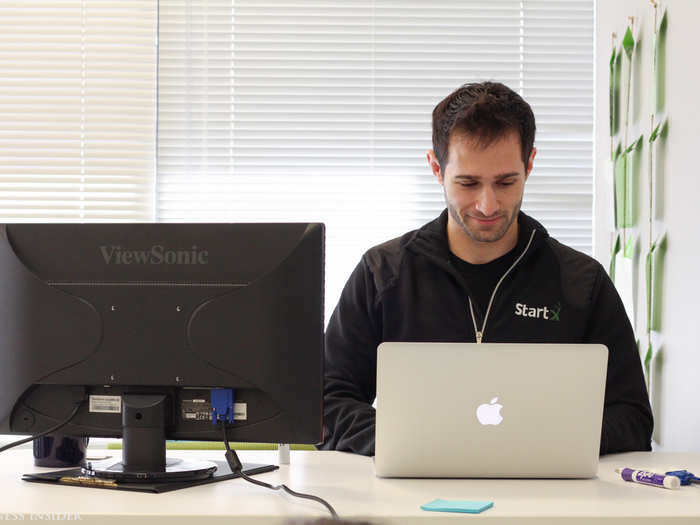


















![Jen [Tsau] and I are female founders in agriculture and technology. You don't meet a lot of people like us," Su says. "Sometimes it's easy to feel alone. Being in the StartX community, you have a sense of shared experience with other people who are either going through the same thing or have been through it. Jen [Tsau] and I are female founders in agriculture and technology. You don't meet a lot of people like us," Su says. "Sometimes it's easy to feel alone. Being in the StartX community, you have a sense of shared experience with other people who are either going through the same thing or have been through it.](/thumb/msid-60085318,width-700,height-525/60085318.jpg)





 Colon cancer rates are rising in young people. If you have two symptoms you should get a colonoscopy, a GI oncologist says.
Colon cancer rates are rising in young people. If you have two symptoms you should get a colonoscopy, a GI oncologist says. I spent $2,000 for 7 nights in a 179-square-foot room on one of the world's largest cruise ships. Take a look inside my cabin.
I spent $2,000 for 7 nights in a 179-square-foot room on one of the world's largest cruise ships. Take a look inside my cabin. An Ambani disruption in OTT: At just ₹1 per day, you can now enjoy ad-free content on JioCinema
An Ambani disruption in OTT: At just ₹1 per day, you can now enjoy ad-free content on JioCinema In second consecutive week of decline, forex kitty drops $2.28 bn to $640.33 bn
In second consecutive week of decline, forex kitty drops $2.28 bn to $640.33 bn
 SBI Life Q4 profit rises 4% to ₹811 crore
SBI Life Q4 profit rises 4% to ₹811 crore
 IMD predicts severe heatwave conditions over East, South Peninsular India for next five days
IMD predicts severe heatwave conditions over East, South Peninsular India for next five days

Copyright © 2024. Times Internet Limited. All rights reserved.For reprint rights. Times Syndication Service.